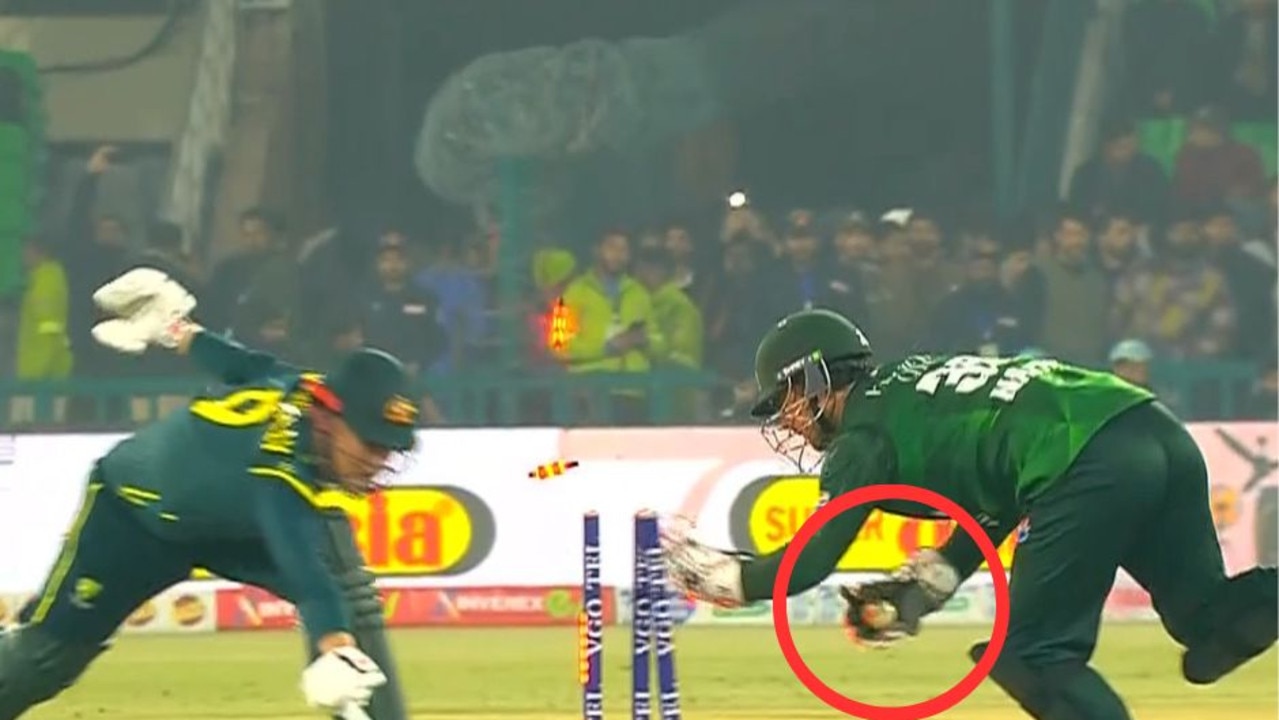
Tennis officials have faced fierce criticism as Australia suffered a shocking 2-0 deficit in the second-round Davis Cup qualifying tie against Belgium in Sydney. The unexpected turn of events unfolded when Raphael Collignon, ranked significantly lower, overcame severe cramping to defeat world No.8 Alex de Minaur in a grueling three-hour, 12-minute match, winning 7-5, 3-6, 6-3. Following this, Zizou Bergs secured a victory over Jordan Thompson with a score of 7-6 (7-4), 6-4 in the second singles rubber on Saturday.
The twin defeats place Australia in a precarious position, needing to recover from a 2-0 deficit for only the second time in nearly a century to advance to the quarter-finals for the fourth consecutive year. The situation has sparked outrage among tennis greats, including two-time Cup-winning legend Todd Woodbridge, who criticized officials for not calling a physio to treat Collignon during his visible distress on the court.
Controversy Over Medical Assistance
Woodbridge, providing commentary for the Nine Network, expressed his frustration, stating,
“This is ridiculous. This is so, so cruel. Get the physio out there, for heaven’s sake. This is more important [than the result]. This is a health issue now.”
Despite the tournament doctor and referee attending to the 23-year-old Collignon, Woodbridge argued that their intervention was insufficient.
The controversy stems from the rules that do not allow a medical time-out for cramping, which is considered a result of a “lack of conditioning.” Collignon, initially appearing to concede the match, decided to continue playing, fending off six break points and ultimately achieving the biggest win of his career.
Collignon’s Determination and Heroic Performance
Reflecting on his victory, Collignon said,
“It feels amazing. I thought I wouldn’t be able to finish. I tried to play with that strength, tried to go for it, focus on the serve and I don’t know how I won. Yeah, crazy. I think when you play for your country there is no pain.”
His performance comes just two weeks after defeating dual Grand Slam finalist and world No.12 Casper Ruud at the US Open, showcasing his rising form.
As Belgium eyes victory, Collignon remains hopeful that his teammates, Sander Gille and Joran Vliegan, can defeat Australian Cup debutant Rinky Hijikata and Olympic gold medallist John Peers in Sunday’s doubles to secure the tie. Demonstrating his warrior spirit, Collignon declared he would play on one leg if necessary for the reverse singles.
Historical Context and Future Implications
The current scenario draws parallels with past Davis Cup encounters where Australia faced formidable challenges. Historically, the Davis Cup has been a platform for dramatic comebacks and unexpected triumphs, making this tie a significant test of resilience for the Australian team. The pressure now mounts on captain Lleyton Hewitt, who must decide whether to continue with Thompson in the potentially decisive rubber against Collignon.
Meanwhile, the broader implications of this tie extend beyond the immediate results. The controversy over medical assistance could prompt a reevaluation of existing rules, especially concerning player welfare during high-stakes matches. As the tennis world watches closely, the outcome of this tie may influence future policy changes within the sport.
As the competition progresses, all eyes will be on the Australian team to see if they can mount a historic comeback or if Belgium will capitalize on their current advantage to advance further in the Davis Cup. The unfolding drama promises to keep tennis enthusiasts on the edge of their seats.







